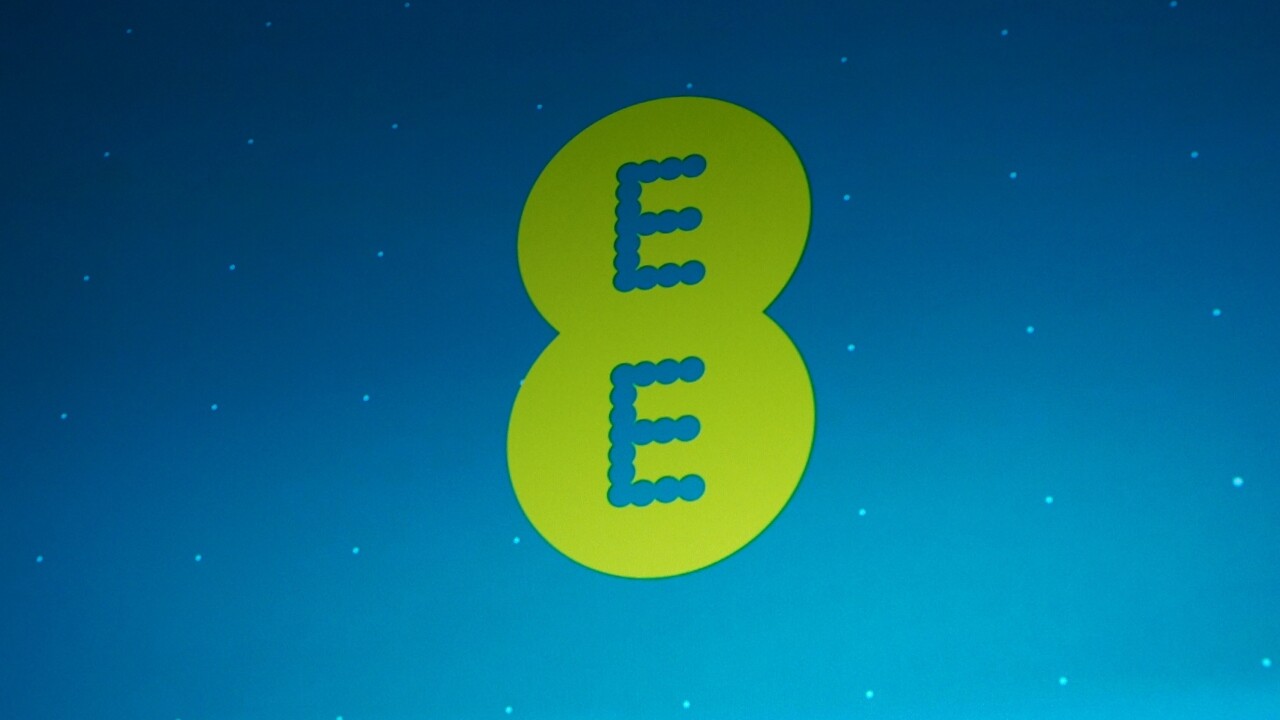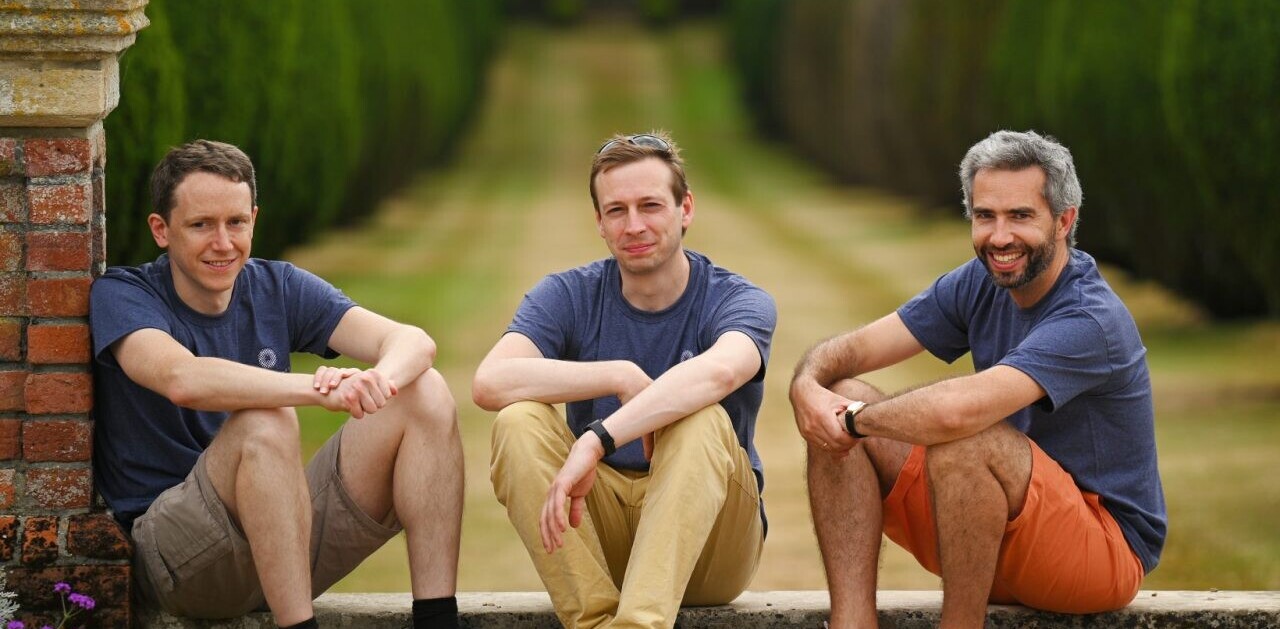
EE, the first 4G LTE provider in the UK, today expanded its super-fast mobile networks to nine more UK towns, bringing the total number of 4G-equipped towns and cities to 27, less than three months after the service was launched.
From today, EE customers in Amersham, Bolton, Chelmsford, Hemel Hempstead, Southend-on-Sea, Stockport, Sunderland, Sutton Coldfield and Wolverhampton will be able to enjoy 4G services in their area, ensuring that the operator’s services are available to around 45 percent of the UK population.
The company’s latest round of 4G launches have helped it move ahead of schedule, which gives it a competitive edge over its operator rivals, which are currently locked in an Ofcom-controlled auction for 4G spectrum in the UK. Vodafone, O2 and Three are fighting it out with four other companies to secure 28 lots of 800MHz and 2.6GHz frequencies.
EE came under fire when Ofcom — the UK’s communications regulator — approved its bid to utilise its existing 2G networks and repurpose them to launch the first 4G networks in the UK. The service went live at the end of October and was available in Bristol, Birmingham, Cardiff, Edinburgh, Glasgow, Leeds, Liverpool, London, Manchester, Sheffield and Southampton.
Since then, EE has added larger towns and cities to cover more of the UK’s mobile consumers, adding popular 4G-enabled devices like the iPhone 5, iPad mini, Samsung Galaxy S III and BlackBerry’s new BB10 smartphone, the BlackBerry Z10.
“As the first operator to bring 4G to the UK it is important that we make it accessible to as much of the population as possible, as quickly as possible. To be ahead of schedule and covering approximately 45% of the population within just 90 days of the launch is a great achievement for our network team,” says EE CEO Olaf Swantee. “We continue to bring superfast mobile to more and more people, whether they’re using their devices outdoors or in their homes and offices, and to increase the speed and consistency of our 4G and 3G network across the UK.”
While 4G may be its focus, EE has also committed to investing in its 3G networks, which combines coverage provided by its subsidiaries Orange and T-Mobile. The operator will likely enjoy 4G exclusivity until late Spring/early Summer, after Ofcom approves bids to add up to 250MHz of additional mobile spectrum, on top of the 333MHz available today.
Get the TNW newsletter
Get the most important tech news in your inbox each week.




